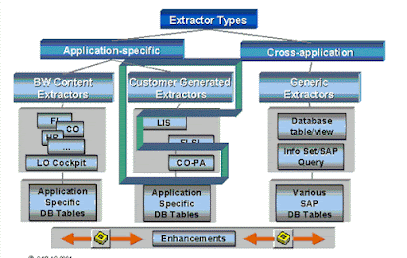Features of the Snowflake Data Lake
A cloud-based platform, the Snowflake Data Lake is a data warehousing solution that offers unlimited storage and computing facilities. It is a pay-as-you-use service and businesses can scale up or down in usage of storage resources by paying only for what is availed. Thus, when faced with a sudden spike in demand for storage resources customers of the Snowflake Data Lake do not have to invest heavily in additional software or hardware.
Features of the Snowflake Data Lake
There are several cutting-edge and advanced features
of this cloud-based platform.
·
Scalability and Flexibility: The dynamic
and scalable computing resources of Snowflake vary based on the current volume
of data requirements and the number of users. Whenever there is a change in the
computing requirements, resources are generated automatically without affecting
running queries. This is because the compute engine auto-adjusts to the
increased flows without a drop in speeds or performance.
·
Single-point data storage: The Snowflake
Data Lake does not have different data storage silos and hence huge volumes
of structured and semi-structured data such as JSON, CSV, tables, Parquet, ORC,
and more can be easily and directly ingested into it.
·
Low data storage costs: The Snowflake
Data Lake provides flexible data storage capabilities and users have to pay
only the base cost for using Microsoft Azure, Amazon S3, and Google Cloud – all
Snowflake cloud providers.
·
Assured data consistency: With
guaranteed data consistency on this data lake, data can be easily manipulated to
carry out cross-database links and multi-statement transactions.
Summing up, users of the Snowflake Data Lake advanced
cloud-based platform get the benefits of affordable computing and storage
facilities along with maximized scaling capabilities.




Comments
Post a Comment